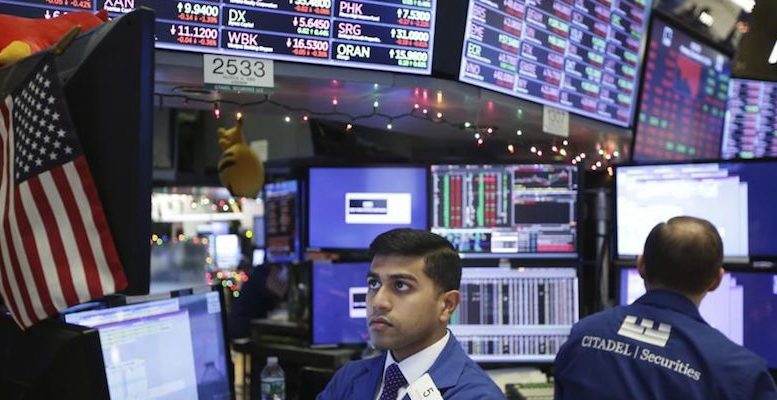Fernando González Urbaneja | The thesis defended by the US Treasury and the Fed that the upturn in inflation this year will be temporary is losing momentum by the week. The latest data for October brings the year-on-year rate to 6.2%, a figure that has not been seen for the last thirty years. What is more worrying is that core inflation, excluding energy and unprocessed foods, is above 5%. It is true that much of this growth is due to the impact of higher oil and gas prices, but this explanation is starting to be insufficient.
Eyes now turn first to the Federal Reserve which may start to blink with regard to its pro-growth and pro-recovery monetary policy. The employment and price data justify a change in strategy and the withdrawal of stimuli, which would translate into higher interest rates. And also in the Treasury, which will have to review its exchange rate and budgetary policy with global consequences. If inflation is here to stay, if it is not a temporary phenomenon of the current financial year, economic policy strategies will be shaken and at risk of abrupt and uncertain changes.
The US data has a delayed response in Europe and is a warning for the European Central Bank that it is time to review its monetary strategy. And this must focus, by legal mandate, on price stability, i.e. a core inflation rate of around 2%.
A change in monetary policy objectives and strategies affects all the expectations of economic agents, public and private, as well as the budgets of states and companies and households’ investment plans.
A rise in interest rates, even a modest one, would have a major impact on the most indebted countries and sectors (with Spain at the top of the list), which would have to revise objectives and policies. If inflation is here to stay, we need to start thinking about changing the manual and the toolbox.





